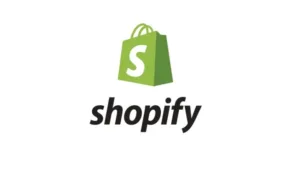In my Rails 5 app I am using Liquid to let my users generate content.
Based on my users input, I init my template with something like this:
string = "Order {{ order.id }} was created {{ order.date | date: '%A %d/%m-%Y' }}"
template = Liquid::Template.parse(string)
result = template.render({'order' => {'id' => '123', 'date' => order.date}})
This would print something a la:
'Order 123 was created Sunday 14/01-2018'
But how do I build Liquid date localization into my Rails app?
It does not seem to be supported in the documentation. However Shopify themselves seems to have build localization into their Liquid implementation.
I suppose I would need to pass my template a locale (en, fr, etc.) and a locale file. My Rails locale file looks like this:
en:
datetime: &datetime
month_names:
[~, January, February, March, April, May, June, July, August, September, October, November, December]
day_names:
[Sunday, Monday, Tuesday, Wednesday, Thursday, Friday, Saturday]
abbr_day_names:
[~, Sun, Mon, Thue, Wed, Thu, Fri, Sat]
formats:
default: "%d/%m/%Y"
long: "%A %d/%m-%Y"
And I call it with:
l(order.date, :format => :long, :locale => 'en')
I would love to have access to a similar date localization inside my Liquid template.

 Question posted in
Question posted in 

4
Answers
I ended up using the link proveded by @Ben, and wrote up this solution:
Now, when invoking that new method:
it will print out:
with
Sundaybeing whatever is inday_nameswithing the locale file.When you pass your date object with order.date
Can you pass a localized date or localized datetime? Then when it gets rendered it should be correct.
Otherwise, you could add the date to a span with class name you can target (for fallback) and “fix” it on the client side with a combination of pure Javascript and a library like Moment.js
It looks like you’re missing only a reference to
tmethod.Instead of
Try with
You can do it by using the JavaScript Intl API.
Add this filter to
.eleventy.js:Now you can show localized dates by using this in, for example, your Liquid template:
Here,
datecontains the date andlocalecontains the locale.